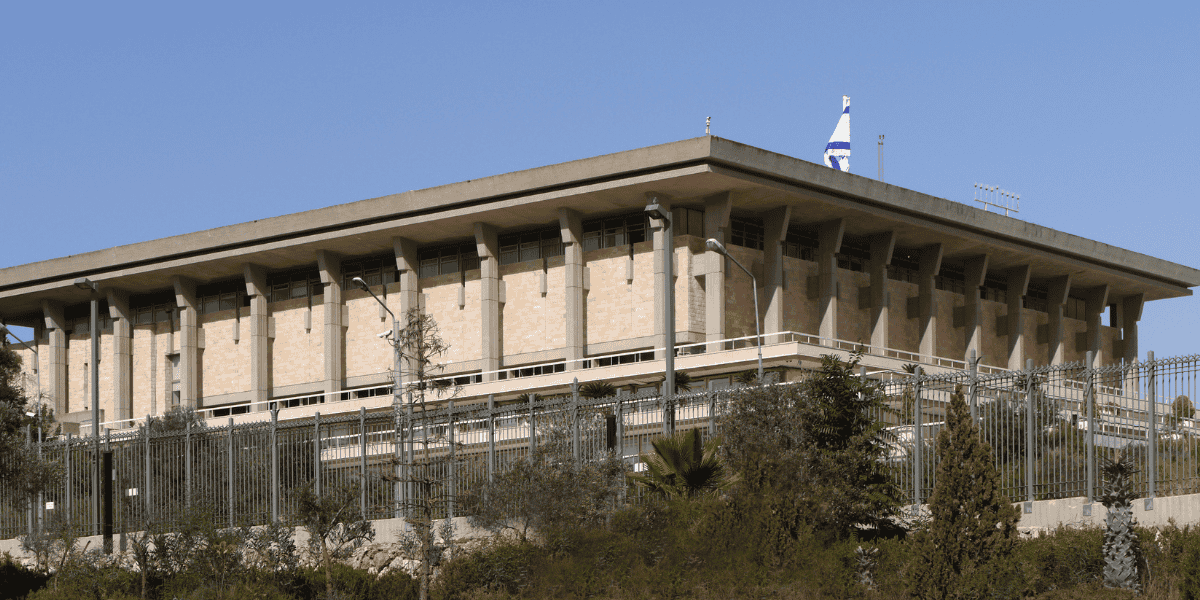On 7 February 2022 the IMF published a report on Israel’s economy following discussions under Article IV of the IMF’s articles of agreement.
The IMF notes that Israel managed the pandemic well, providing effective government support to the economy in addition to an effective vaccination program. The economy is now recovering but there are still significant risks and economic policy must remain flexible. As measures to support business and individuals are phased out there will still be a need for targeted support if the downside risks are realised.
Real GDP growth was around 6.5% in 2021, stronger than in other advanced economies. The recovery was led by the high-tech sector. Growth is expected to be consolidated in 2022 and over the medium term, supported by strong private consumption, investment, and net exports.
In the medium term, revenue reforms will be required to support spending to enhance productivity and to rebuild fiscal buffers. Longer term challenges to the economy are re-appearing following the crisis caused by the pandemic. In the medium-term measures are required to address bottlenecks in the labour market, reduce trade barriers, support spending on infrastructure and make progress on Israel’s climate objectives.
Tax policy
Israel has scope to increase tax revenues. The tax system can become more progressive, and the tax base could be broadened. These objectives can be achieved by reducing pension tax exemptions and reconsidering the personal and corporate tax incentives for selected groups.
By collecting more tax revenue Israel can support policy priorities to make the economy more resilient. Spending is required on active labour market policies, further reforms of the education system, improvements to infrastructure and measures to achieve the climate goals.
Labour market
Structural reforms could, if well targeted, improve productivity, facilitate reallocation in the labour market, and prevent increases in inequality. More labour could flow to the high-tech sector which continued expanding during the pandemic, adapting to remote working and experiencing increased demand for its products. Reallocation of labour across sectors is challenging and expensive owing to the skill and knowledge gaps, and this could lead to uneven effects on the employment and wages of different groups of people within the economy. Measures are required to facilitate job creation and reallocation, to remove market barriers and upgrade infrastructure.
Tariff and non-tariff barriers
Israel should continue with efforts to reduce tariff and non-tariff trade barriers to trade, to facilitate efficient allocation of resources, investment, and innovation. This could contribute to boosting competition and reducing the costs of trade, in particular for smaller enterprises.
Infrastructure
Infrastructure improvements are required in the transportation sector to ease traffic congestion and improve accessibility to employment. Digital infrastructure should be upgraded to expand access to digital networks among low-income groups, which is important for supporting labour reallocation.
Environment
Progress has been made in developing policies to achieve climate targets, including a gradual phase-in of excise duties on coal and other fuels between 2023 and 2028, and phasing out coal energy production by 2025. Other measures that could be considered include increases in carbon prices and more regulatory and fiscal support for innovative green technologies.












